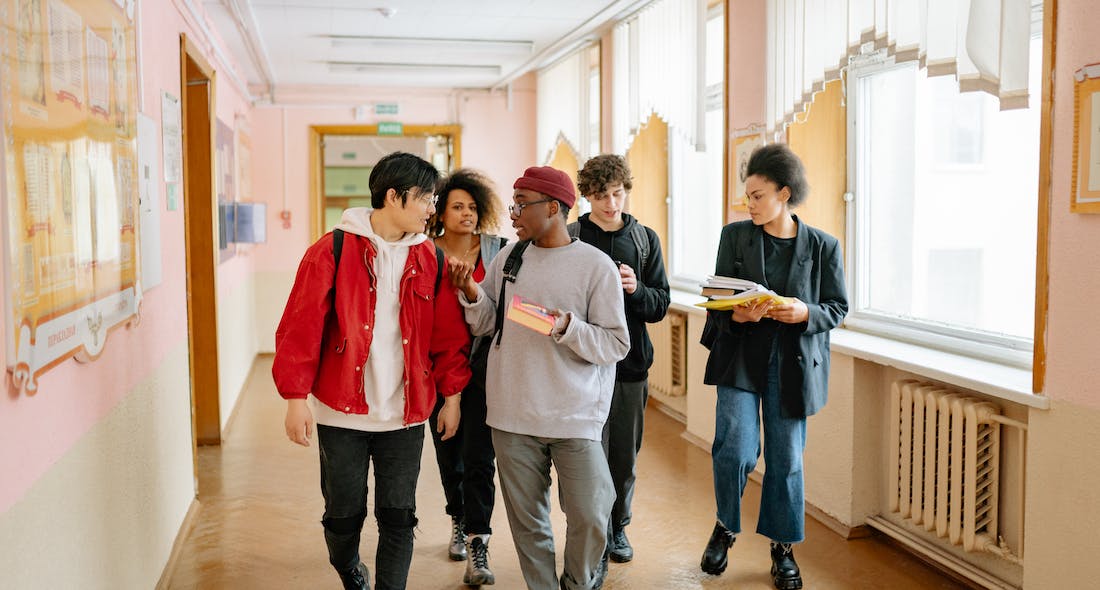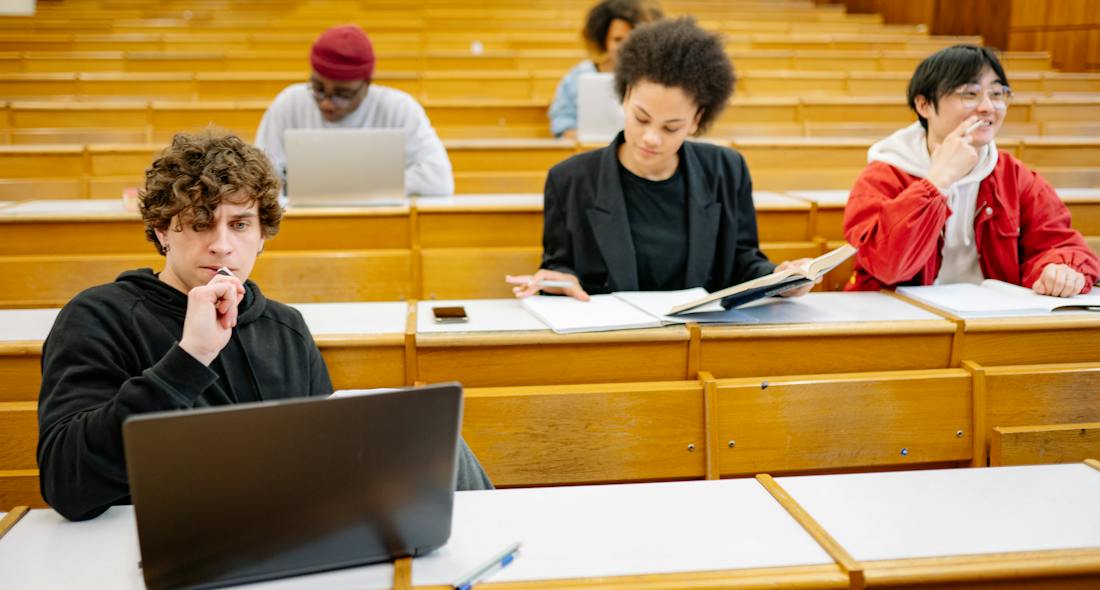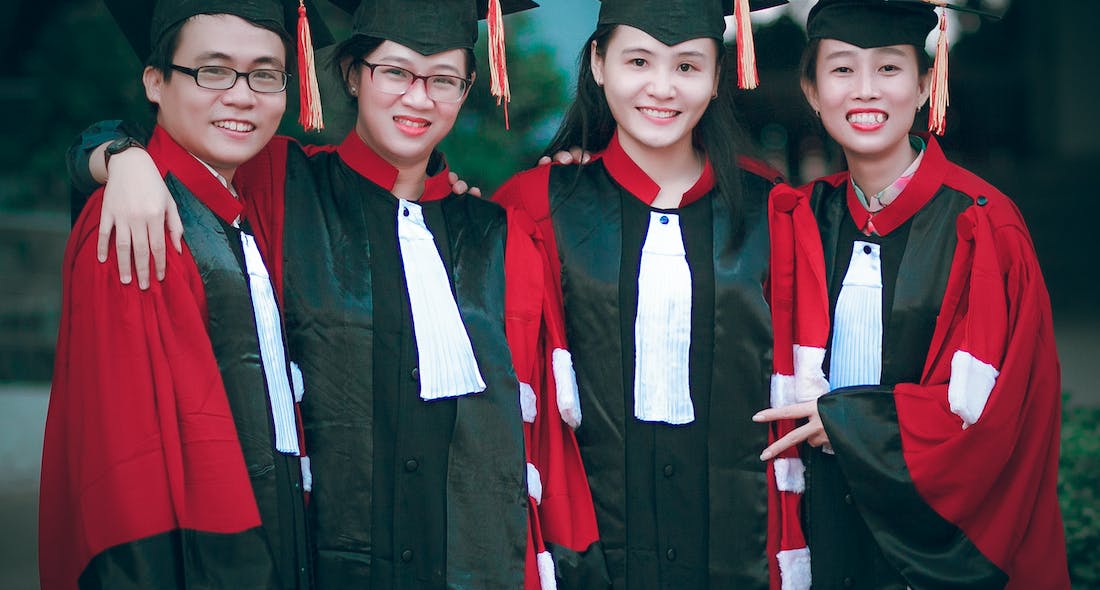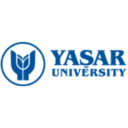Study in Turkey
Ultimate Guide for International Students
Turkey Overview
Rich History and Culture:
Turkey boasts a rich history that spans various civilizations, including the Hittites, Phrygians, Byzantines, and the Ottoman Empire. Its cultural heritage encompasses unique traditions, exquisite architecture, and a fusion of East and West influences. From the historic sites of Istanbul to the ancient ruins of Ephesus, Turkey’s history is an integral part of its contemporary identity.
Geographical Diversity:
Situated at the crossroads of Europe and Asia, Turkey exhibits diverse landscapes, including mountains, plateaus, and coastal regions. The country is known for its stunning Mediterranean and Aegean coastlines, the unique landscapes of Cappadocia, and the vast Anatolian steppe. The climate varies from Mediterranean along the coasts to continental in the interior.
Why Turkey is a Prime Destination for Education:
Turkey has emerged as a prominent destination for education, offering a blend of cultural richness and academic excellence. The country is home to reputable universities with programs in various disciplines, attracting students globally. Turkey’s commitment to higher education is evident in its emphasis on research and innovation.
Student Life and Living Conditions in Turkey
Cultural Integration and Social Life:
Turkey’s cultural fabric is a mosaic of traditions, blending influences from its historical past and contemporary dynamics. Students can immerse themselves in Turkish culture by participating in local festivals, exploring bazaars, and enjoying the vibrant social scene. Turkish hospitality adds warmth to the student experience.
Detailed Cost of Living Analysis:
Accommodation: TRY 500 – 1,500 per month. Food: TRY 150 – 400 per week. Transportation: TRY 50 – 150 per week. Healthcare: Affordable healthcare services with optional health insurance for international students.
Support Services:
Language Assistance: Turkish language courses and language exchange programs. Mental Health Resources: University counseling services and community support. Legal Aid: Information and assistance for legal matters. Career Counseling: Guidance on career paths and job opportunities.
Details about Study in Turkey
Cultural Integration and Social Life:
Turkey’s cultural fabric is a mosaic of traditions, blending influences from its historical past and contemporary dynamics. Students can immerse themselves in Turkish culture by participating in local festivals, exploring bazaars, and enjoying the vibrant social scene. Turkish hospitality adds warmth to the student experience.
Detailed Cost of Living Analysis:
Accommodation: TRY 500 – 1,500 per month. Food: TRY 150 – 400 per week. Transportation: TRY 50 – 150 per week. Healthcare: Affordable healthcare services with optional health insurance for international students.
Support Services:
Language Assistance: Turkish language courses and language exchange programs. Mental Health Resources: University counseling services and community support. Legal Aid: Information and assistance for legal matters. Career Counseling: Guidance on career paths and job opportunities.
Can I study free in Turkey?
Turkey does not generally offer tuition-free education for international students. However, various scholarships and financial aid options are available to support students financially.
Research Places in Turkey
Top Research Places:
Technology: Sabanci University and Istanbul Technical University. Archaeology: Koc University’s Research Center for Anatolian Civilizations. Health Sciences: Hacettepe University Medical School.
Applying for a Student Visa in Turkey
Step-by-Step Visa Application Guide:
Choose a Course and Institution. Receive an Offer of Admission. Apply for a Student Visa through the Turkish consulate or embassy. Provide Required Documentation (passport, health insurance, etc.). Undergo any necessary health examinations. Wait for Visa Decision.
Visa Policies and Regulations:
Visa duration depends on the course duration. Renewal options may be available; check with local authorities. Contact the nearest Turkish embassy or consulate for assistance.
Work Opportunities for Students in Turkey
Working While Studying:
Part-time work is typically allowed during studies. Maximum allowable working hours may vary; students should check local regulations. Full-time work may be allowed during scheduled breaks.
Career Pathways Post-Graduation:
Explore post-graduation work opportunities in Turkey. Consider international job placements or return to your home country. Utilize networking opportunities at industry events and career fairs.










